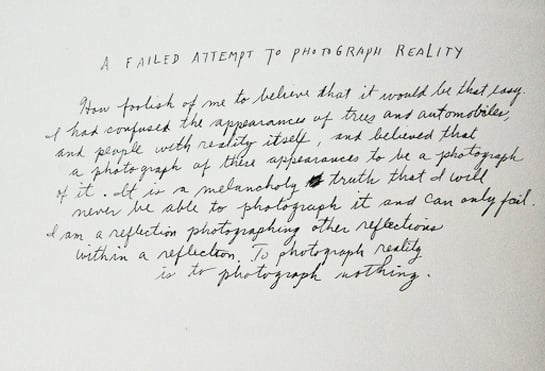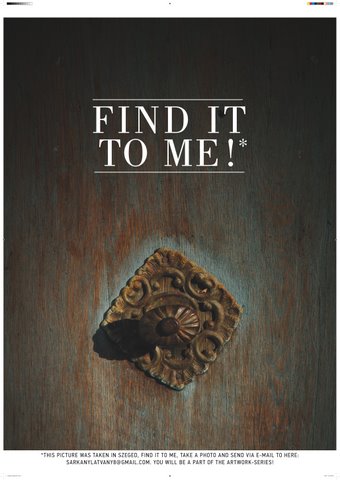Aggtelek to...some lake in Eastern Slovakia that I can't remember the name of right now
We were in no rush to leave Aggtelek, we were only planning on driving a few hours to a lakeside in Slovakia and although the weather had improved it wasn't exactly swimming weather, so we had a relaxed morning and took a walk over the hills (rather than into them like the day before).
I don't know if the trail had a name but surely it should be called "Butterfly walk" (or something more imaginative but butterfly related). I have never seen so many butterflies in their natural habitat before; we had to watch where we stepped - they where everywhere. The photos don't show it so well, like I said yesterday, the zoom was playing up.
The abundance of butterflies probably had something to do with the abundance of wild flowers.
Gábor tends to avoid using the camera, but sensing that it was coming to the end of its life, he took up the challenge and took up the camera (meaning that for once I feature in the pictures...my friend Gail has a fear that if something were to happen to her there would be no pictures of her with her son, as time passes and I have so few pictures of me with my kids I start to understand her fear...maybe I told this before...I have a very bad memory and tend to repeat myself...or ramble; I ramble a lot too, like now for example...sorry).
Frankly I think he did great.
Perhaps he could do with a little praise from people to encourage him to do it more often...well maybe it will take more than praise, a new camera might be necessary since later that day the camera gave up on us.
Before we set out I made Lily an explorers utility belt, complete with, sketch book, crayon (for rubbing), pencil, magnifying glass, pocket knife, matches (yes, I put a knife and matches in the hand of my 7 year old) and colour scavenger hunt cards (might do a crafty post on the bely and cards at some point).
After our walk it was time to leave Hungary after spending a year there and head to Slovakia, adding a new country to the list of countries I've visited. I will save the tales of Slovakia for tomorrows installment and leave you with one image of the lake there...one of the very last taken with our camera.
From this point on all pictures are from Gábor's phone or Lily's mp4 player.
Gábor's blog of the day as always has more pictures, more videos and more languages (his blog is in booth English and Hungarian).


































